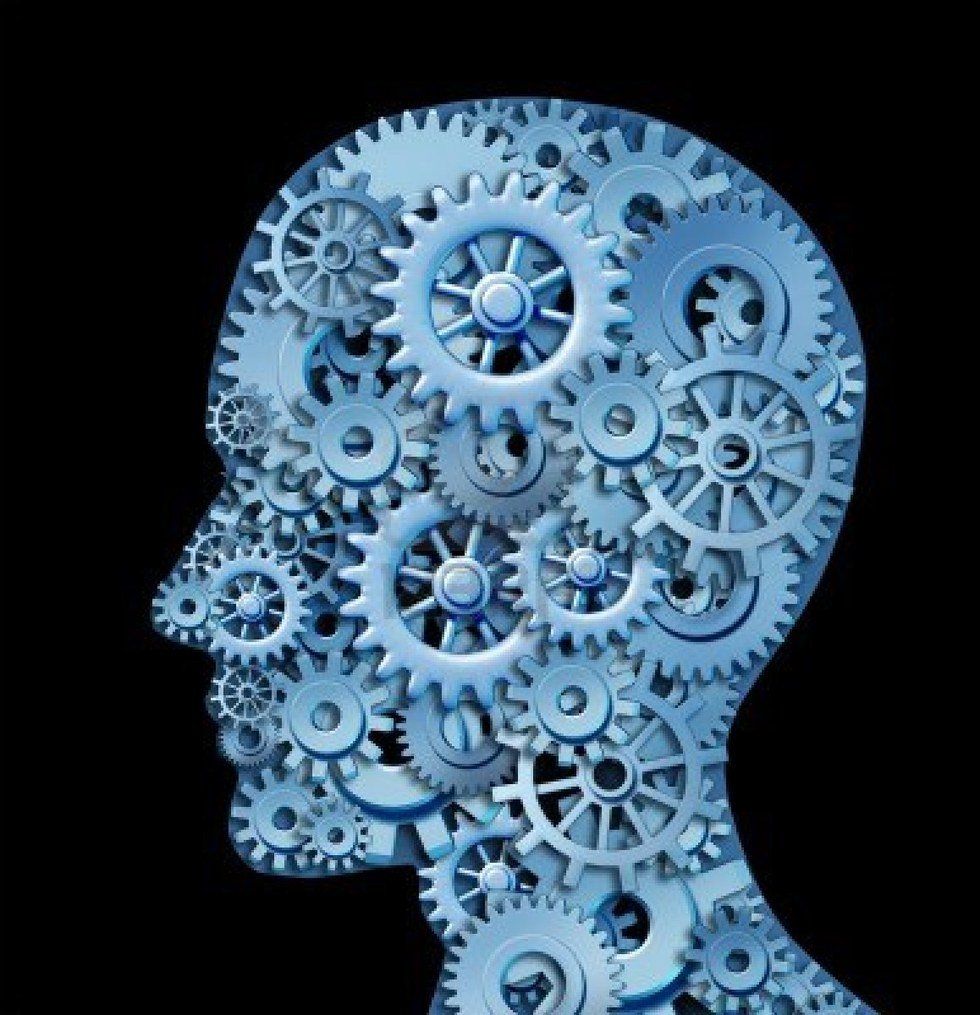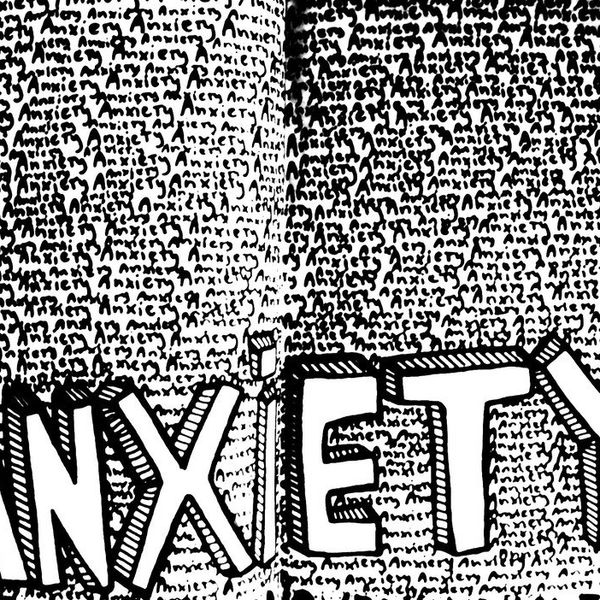History has shown time and time again that people criticize and fear what they do not understand. Society has ignored and invalidated mental illness for centuries. In the early 19th century, mental illness was thought to be caused by spiritual or moral failing. Punishment and shame fell upon the mentally ill, including their families in many cases. For severe cases, asylums were created to lock away the people deemed a burden on society rather than an active member. Otherwise, families were expected to care for the mentally ill. Because they were viewed as burdens more so than anything else, this led to a lot of abuse, torture, medical experimentations such as lobotomies and death both in and out of asylums.
Now, it is the 21st century. We can’t possibly be the animals our ancestors were, mistreating and discrediting the mentally ill, hiding them away from society and shaming them for and illness they cannot control… Right?
So then why is suicide the second leading cause of death in young adults? Why then, according to the American Foundation for Suicide Prevention website, will 117 people commit suicide with an additional 2,925 attempts today alone? Why, by the end of this year, will nearly 500,000 people visit the hospital due to self-harm? For every suicide in the U.S., there are 25 attempts. However, the majority of suicides, attempts and self-harm included, go unreported.
We have come a long way in understanding mental illness, but we have much farther to go as well. The majority of the general public have no idea what mental illness is, how to handle it themselves or with someone else, or how to get help. In many people’s eyes, if they can’t see a physical problem, it is simply not there. Mental illness is defined as any psychiatric disorder that causes untypical behavior. If you research “what causes mental illness” the first thing to pop up is this: “Although the exact cause of most mental illnesses is not known, it is becoming clear through research that many of these conditions are caused by a combination of genetic, biological, psychological, and environmental factors -- not personal weakness or a character defect -- and recovery from a mental illness is not simply a matter of will and self-discipline.”
That alone says it all. Mental illness is not a weakness. It is not something that can be overlooked and go untreated. When you get sick with the flu or break a bone, no one tells you to just get over it and move on already. They expect you to go to the doctor and get better.
If you aren’t personally dealing with a mental illness, the odds are that someone in your life is. My life has been touched by many people who have been diagnosed with mental illnesses. I grew up not understanding or being educated on the matter until recently. Eventually you may find yourself in a situation where someone will confide in you and you will have to respond accordingly. Educate yourself on the matter. Listen without judgement and keep an open mind. Be kind and understanding to anyone who has the guts to speak up in a society that is constantly telling people to shut up and sit down.
If you are struggling with mental illness on your own, be brave enough to reach out to a friend. Know the strength it takes to admit that you need help because your brain has a chemical imbalance far exceeds anyone’s skewed thoughts of ‘weakness.' Most importantly, be kind to yourself along the way.
If you or anyone you know is in trouble, please do not ever hesitate to call the National Suicide Prevention Lifeline Phone Number (800-273-8255).





















